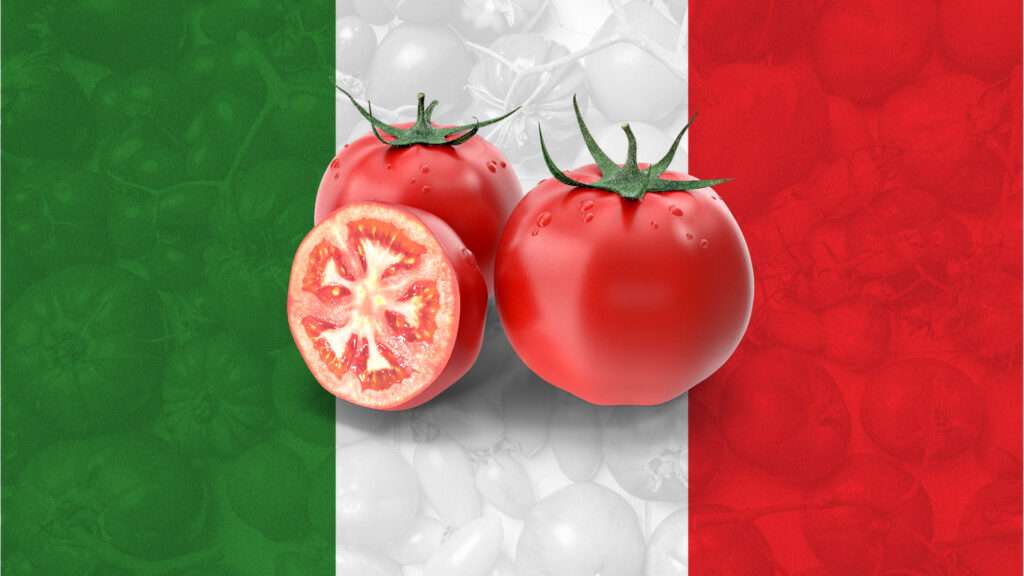by MICHAEL STUMO
For the first time, the United States has become dependent on other countries for food. Even though U.S. farms continue to produce cereals and grains, America’s reliance on imported meats, fruits and vegetables is surging. It doesn’t have to be this way — the United States could grow its food and support its farming communities. But misguided trade policies have begun to sweep away America’s farms in the same way they’ve dismantled many of the nation’s factories.
Tomatoes provide a good example of America’s growing food imbalance. In the wake of the North American Free Trade Agreement (NAFTA), Mexican producers started selling tomatoes to the United States at less than the cost of production. U.S. tomato farmers responded by filing a complaint with the Commerce Department. This led to a subsequent agreement — Mexico could continue selling tomatoes to the United States, but only if they were fairly priced.
Unfortunately, this “Tomato Suspension Agreement” hasn’t worked. Mexico is still selling tomatoes at less than fair-market price.
Consider that the United States once grew most of its tomatoes. When NAFTA was signed in 1994, U.S. farms grew 80 percent of America’s tomato needs. Today, Mexico supplies 70 percent of U.S. demand.
Thirty years ago, the United States was a net exporter of fruits and vegetables. The United States no longer produces as much food as it consumes — and has become dependent on imported fruits and vegetables.
This import dependence also extends to livestock. The United States is importing more beef than — including meat labeled as USA-produced, even when it’s been raised and slaughtered in other countries. U.S. ranchers also fear that America’s farmed lamb population could disappear entirely. And even though the United States still exports low-value crops such as wheat, corn and soybeans, America’s agricultural trade deficit is expected to hit a record $19 billion this year — and climb to an even higher $27.5 billion next year.
Why is this happening? In part, “trade liberalization” failed to raise living standards in Mexico and other countries. Mexico’s mega-farms still use the same low-cost labor to harvest massive volumes of produce for U.S. consumers. That’s a major contrast to farmworkers in the United States — including those on migrant H2A visas — who benefit from wage protections enforced by the Department of Labor. So, America’s farmers pay their workers a living wage but cannot compete with exports from Mexico and other low-wage countries.
The tomato problem, in particular, has grown so serious that a bipartisan group of 59 members of Congress recently urged Commerce Secretary Gina Raimondo to terminate the Tomato Suspension Agreement. In a letter, the lawmakers noted that the volume of tomato imports from Mexico has increased 380 percent since NAFTA, driving hundreds of America’s tomato farms out of business.
The Commerce Department has already reported instances of Mexican tomatoes sold at prices as much as 30 percent below market value. And the International Trade Commission reports that America’s tomato industry has been “materially injured” by dumped Mexican tomatoes.
U.S. lawmakers are deeply concerned by the loss of farms. As they explained to Raimondo, Mexico’s brazen disregard for the terms of the Tomato Suspension Agreement has hurt America’s farm communities.
The legislators have requested “immediate termination of the 2019 Suspension Agreement and imposition of antidumping duties.” They believe it’s the only recourse to “stop the destruction of the American tomato industry by unfairly traded Mexican tomatoes.”
During COVID, Americans saw the risks posed by over-reliance on imports. And now, the nation’s farmers are losing ground at a time when food safety should be paramount.
America’s farming needs are being outsourced to countries with lower labor standards. To safeguard America’s food resources, the Commerce Department should terminate the tomato agreement. And Congress should adopt policies to stop the downward slide of America’s farms — and ensure healthy, sustainable domestic farm production.













